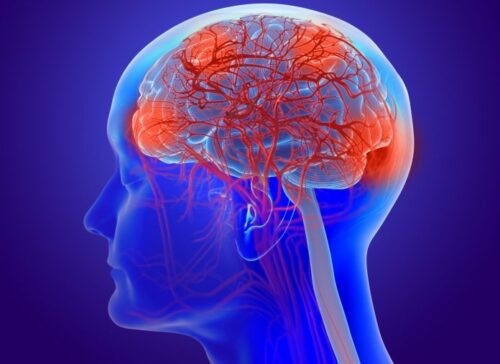People with peripheral nerve damage (aka neuropathy) often have this problem because of small blood vessel disease (which compromises the ability to deliver oxygen and nutrients to various parts of the body). In other words, damage to the capillary system affects the peripheral nerves and the rest of the body.

As you probably know, every body cell needs a continuous supply of oxygen for normal function. If you cut off the oxygen anywhere in the body, there will be a medical problem. For example, if you cut off the supply of oxygen to the brain, it results in a stroke. If you cut off the oxygen to the heart tissue, it results in a heart attack (myocardial infarction). If you cut off the oxygen to the nerves that go down the arms and legs, the nerves start to shrivel up and die (like a house plant you forgot to water for a few days).
Small blood vessel disease is prone to affect the fingers, toes, nose, and brain (as well as causing erectile dysfunction in males).
When the brain doesn’t get sufficient oxygen and glucose, it can lead to problems such as restless leg syndrome, balance & memory problems, and cognition & emotional issues. Damage to the nerves also compromises sensory input, depriving the brain of that component.
People suffering from peripheral neuropathy also have a brain component. This is not a regional problem (but rather a problem that affects you globally). Think of neuropathy symptoms as an early warning system that something much more profound is about to happen. The key is in early detection, and taking steps to optimize small blood vessel function (so they can deliver oxygen and nutrients).
Our mission is to be Pittsburgh’s top center for chronic conditions, specializing in chiropractic care and functional medicine. We provide innovative, non-invasive treatments that address root causes, helping patients achieve lasting wellness.
© Copyright 2012 - 2024 | CHRONIC PA | ALL RIGHTS RESERVED